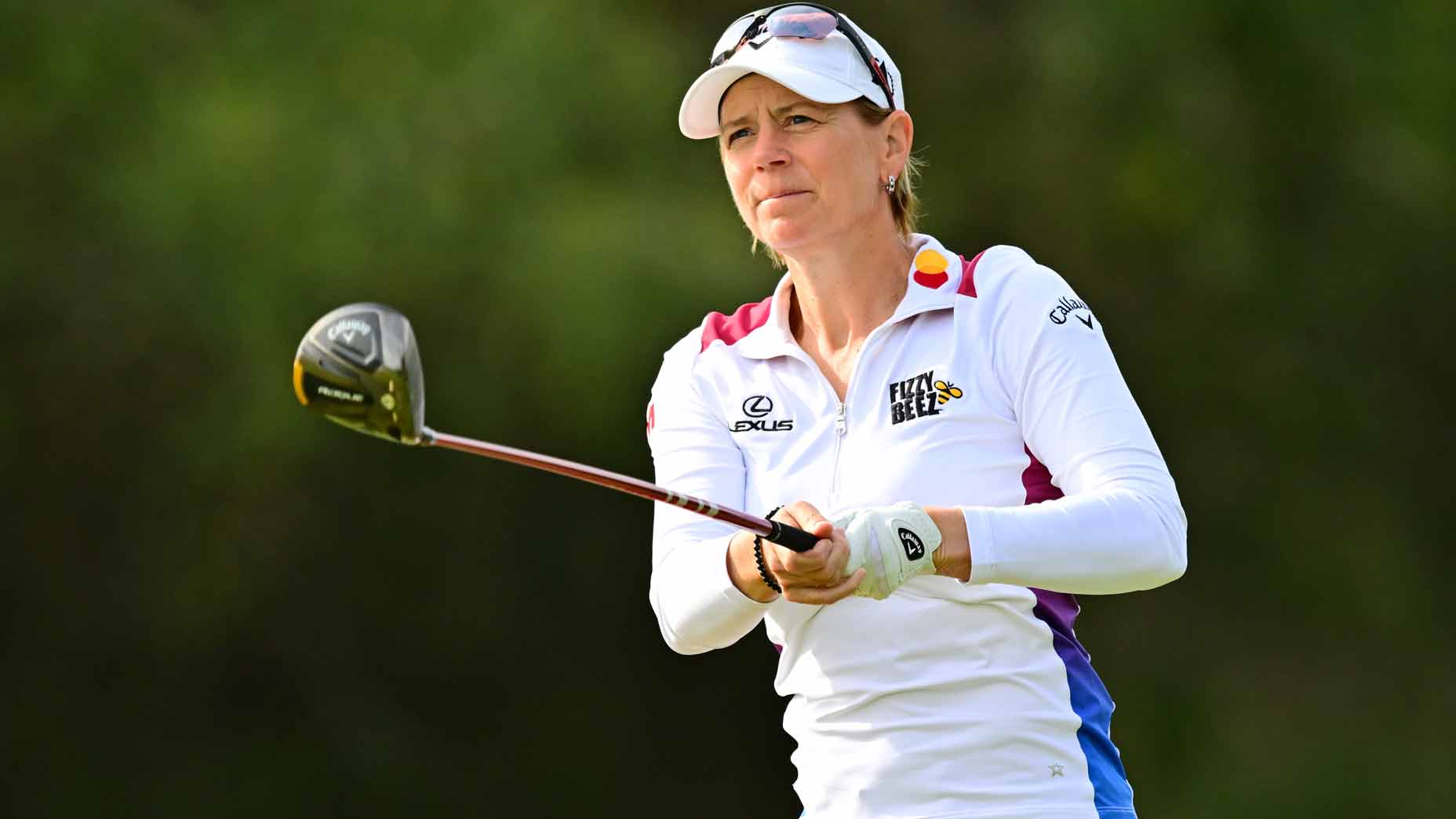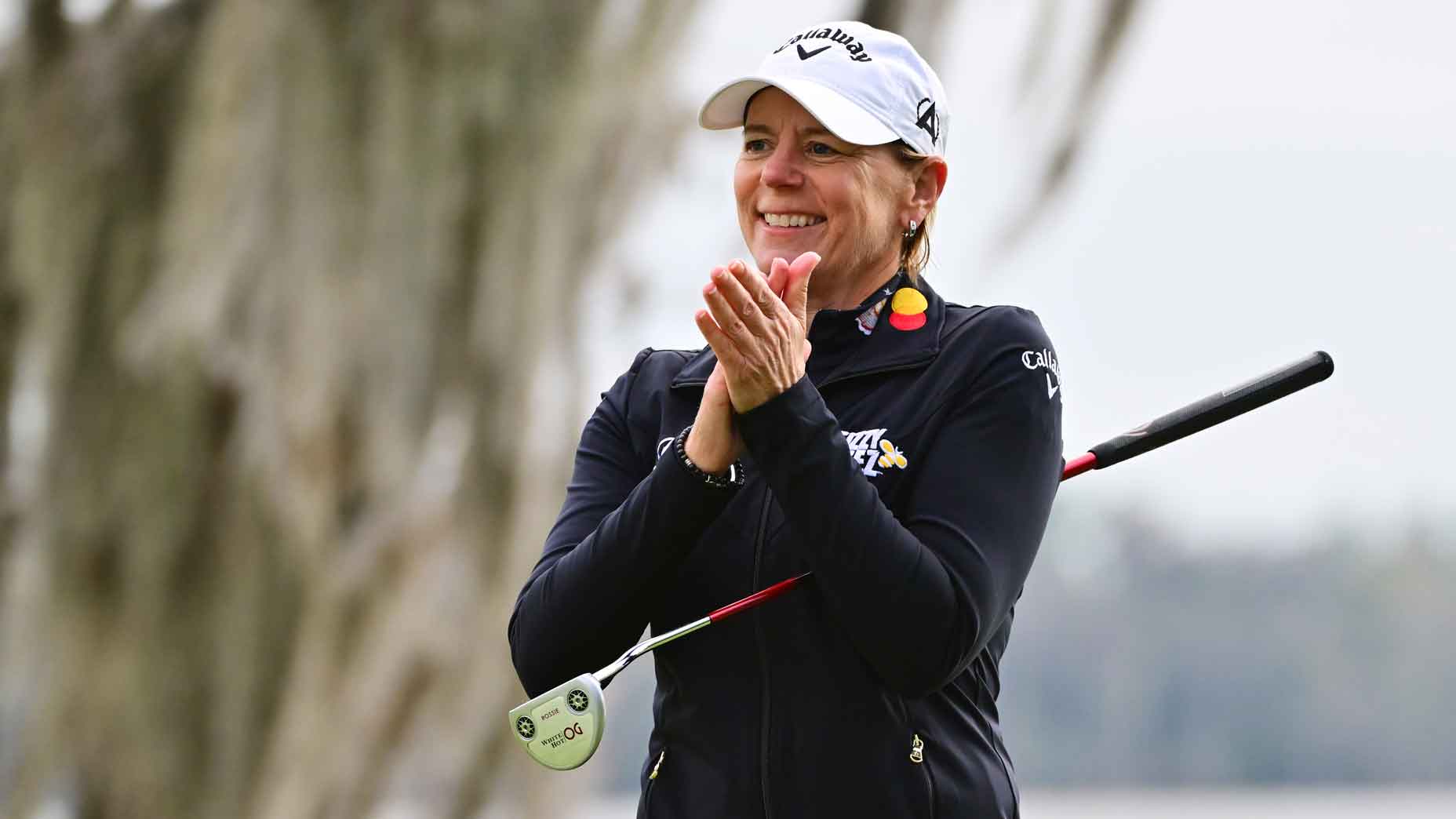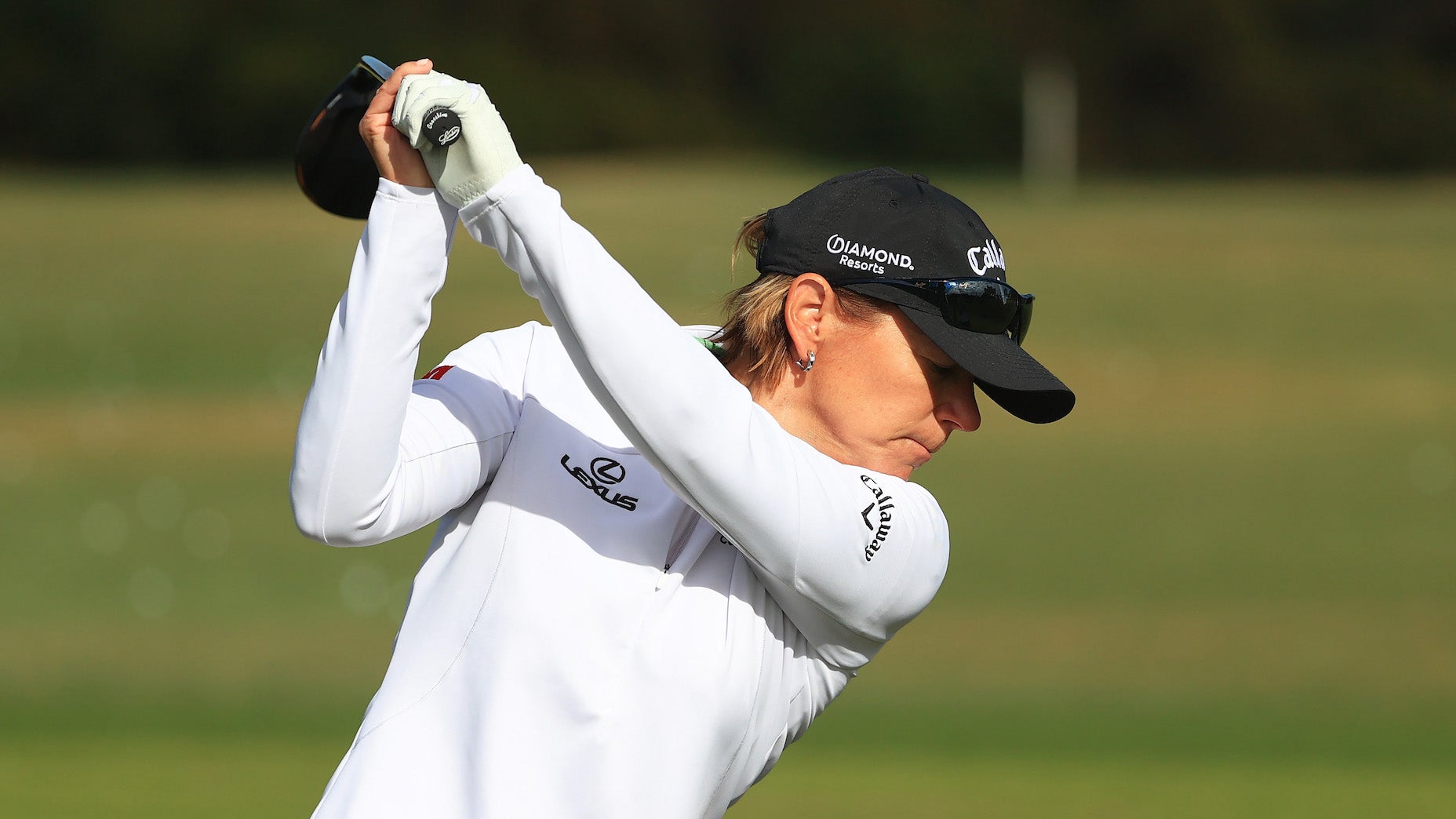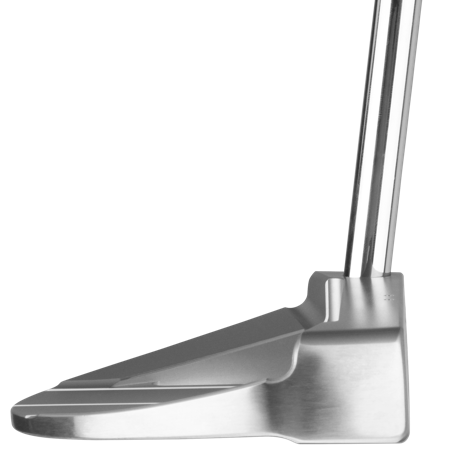
Annika Sorenstam had a playing decorated career, and she has some advice for what recreational golfers should stay away from on the course.
Getty Images
It’s tough to point to a golfer with a more decorated resume than Annika Sorenstam.
Her 72 LPGA Tour wins place her third all time, and her 10 major titles rank fourth. She’s a World Golf Hall of Famer and an ESPY winner. She was one of the first female members of the Royal and Ancient Golf Club of St Andrews, and she’s won a Presidential Medal of Freedom.
There aren’t many figures who loom larger in the world of golf.
This summer, for the first time in 14 years, Sorenstam will return to major championship golf. Thanks to her victory at last summer’s U.S. Senior Women’s Open, the 51-year-old will tee it up in the U.S. Women’s Open. Fittingly, the championship is to be contested at Pine Needles, the site of Sorenstam’s second USWO victory in 1996.
Her major championship chops might be a bit rusty, but her mind is not. Sorenstam has always known how to think her way around a golf course, and that attribute is still an asset.
“It’s about swinging within yourself,” Sorenstam told GOLF.com. “Knowing what your capable of — that’s always been my plan. Hit the shots that you know how.”
Sorenstam’s shot-making throughout her career was legendary. In the prime of her career, hitting more than 75 percent of her greens in regulation was the norm.
She wasn’t too shabby off the tee, either. She was longer than most of her peers, and straighter than them, too, ranking inside the top 20 in driving accuracy eight times during her career.
“I never got tired of hitting the fairways,” she said.
The combination was lethal, and it turned Sorenstam into one of the greatest ball-strikers of all time.
She achieved that success by leaning on an old cliche — staying within herself and knowing her game.
“When I was at the range, I would practice and experiment with different shots,” she said. “But when I was on the course, I just wanted to feel comfortable. I wanted to stand over the ball and be in control as much as possible.”
Sorenstam explained she keeps it simple on the course. She plays from A to B, and doesn’t try to toy with her swing while she’s in the midst of a round.
Changing the swing during the round is something she says recreational golfers should stay away from. Play with the swing you’ve got while on the course, and do your best to score with it. You can fix the faults after the round.
“If it wasn’t right, then I’d work on it afterwards,” she said. “It’s about going out there and playing the best that you can at that moment. Some days, I’m a lot more conservative if I feel like my game is not sharp. And then the days that I felt like it was my day, I’d be a little bit more aggressive.”
Play with the swing you’ve got on the course, and iron out the kinks during practice. It was the recipe for success for Sorenstam, and it should help you, too.












